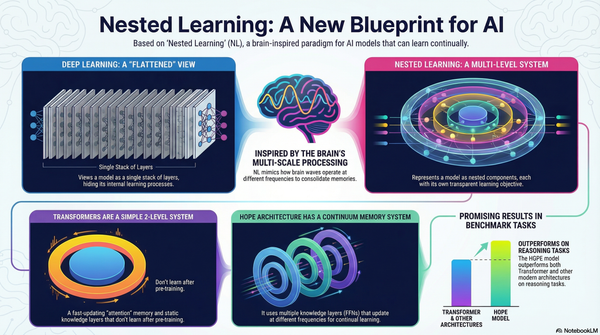Think about how you learned to recognize a cat. Your parents didn't give you a mathematical formula. Instead, they showed you many cats—big ones, small ones, fluffy ones, striped ones. Gradually, your brain identified patterns: pointy ears, whiskers, a certain way of moving. Without realizing it, you

